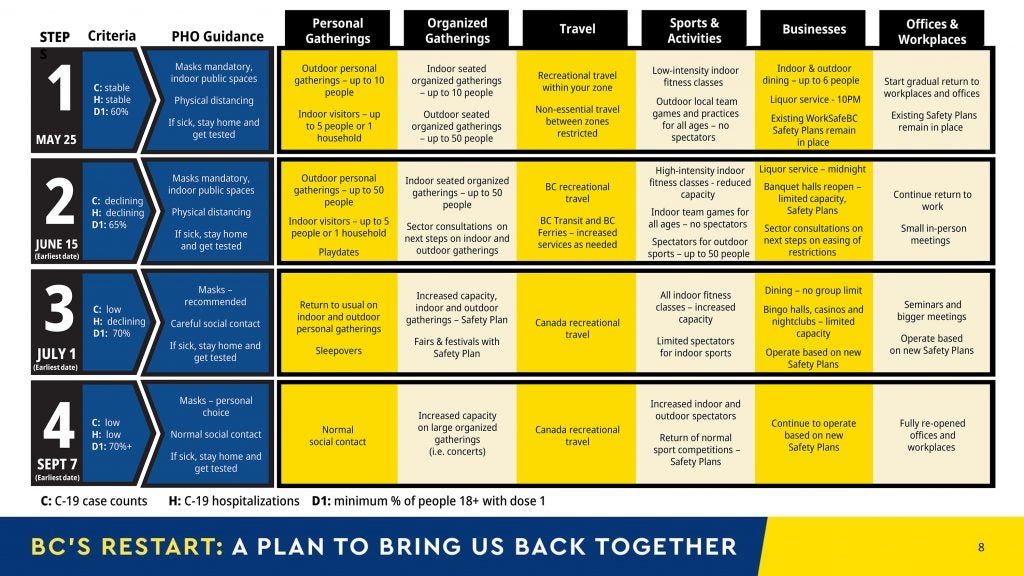Custodians, caretakers, building services workers and other CUPE members working in similar classifications took part in the last of a series of Zoom calls for K-12 staff to discuss their experiences during the pandemic and their bargaining priorities going forward.
Some of the pressing issues discussed include the availability of adequate replacement for custodial staff as well as workload and working conditions issues. Participants also shared their experiences and best practices using various cleaning products and equipment.
IMPACTS OF PANDEMIC
The group also spoke about their experiences during the pandemic, and the challenges it presented on the job. The pressures of providing more frequent cleaning throughout the school day was a common theme, as well as the added responsibility of monitoring the current use of masks. Concerns about the inconsistent provision of proper masks in some districts was also raised.
While experiences varied, the group all agreed that maintaining daytime custodians in schools across the province needs to be priority, both now and after the pandemic.
Participants, including members, presidents, K-12 Presidents Council executive and staff, discussed how these issues and other concerns could be addressed in bargaining.
WRAPPING UP & NEXT STEPS
The Zoom call— hosted by the CUPE K-12 Presidents Council and CUPE National staff – was the last in the series of 14 held over the past two months. In total, over 700 CUPE members participated in the calls.
The classification specific calls brought together CUPE members in British Columbia’s K-12 (including early years) public education system, giving them the opportunity to share experiences during the pandemic and to have informal discussions about bargaining.
Bulletins on each call, highlighting discussions and topics raised, are available at bcschools.cupe.ca.
The K-12 Presidents Council would like to thank all members for their important contributions and input on all of the calls, as well as the many local presidents who participated, and staff. Information from all classifications will be invaluable as we begin to prepare for bargaining. THANK YOU!
View bulletin.
Please follow us @cupek12bc on Twitter, Facebook and Instagram and visit bcschools.cupe.ca for more information and future updates.

